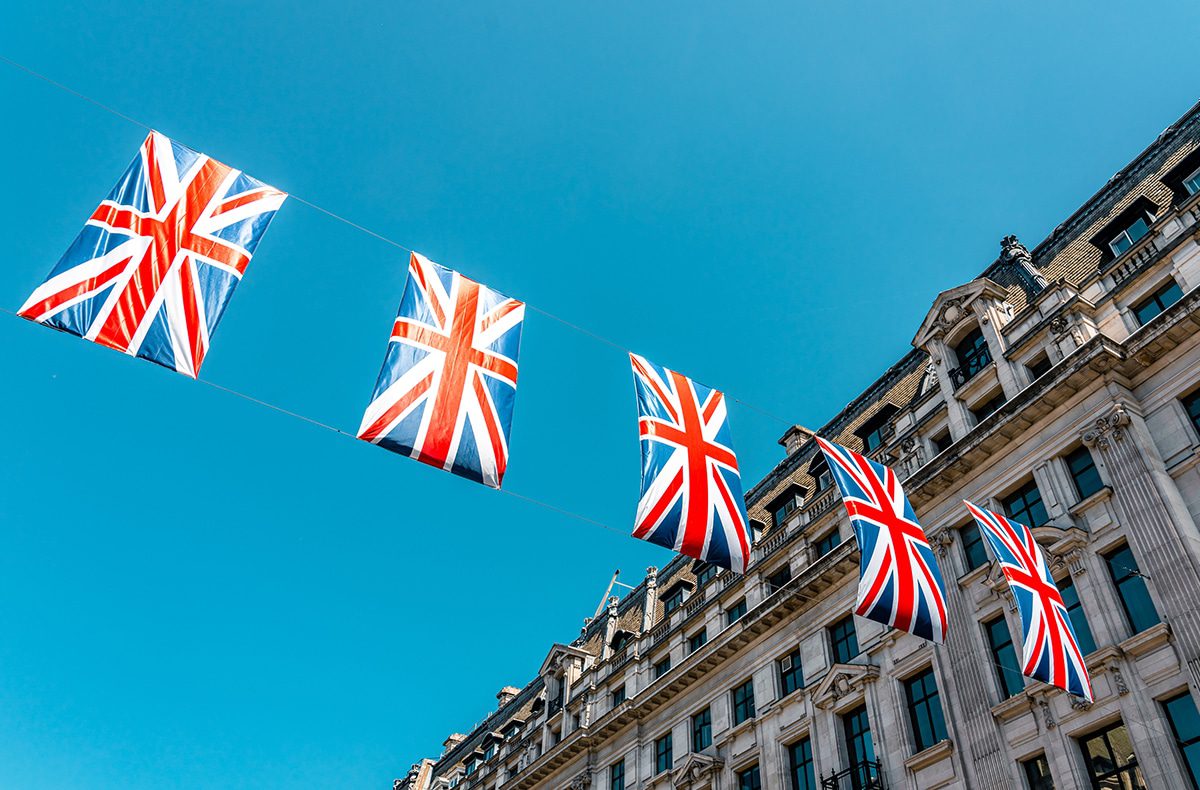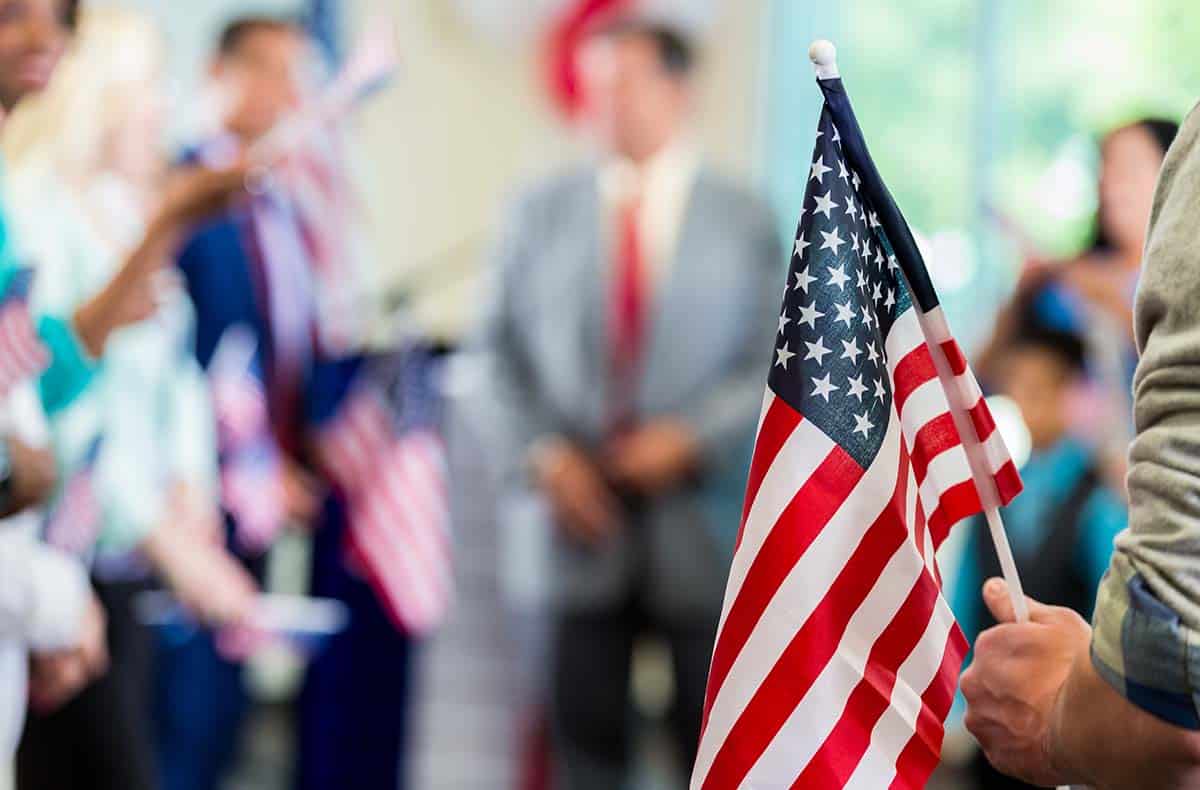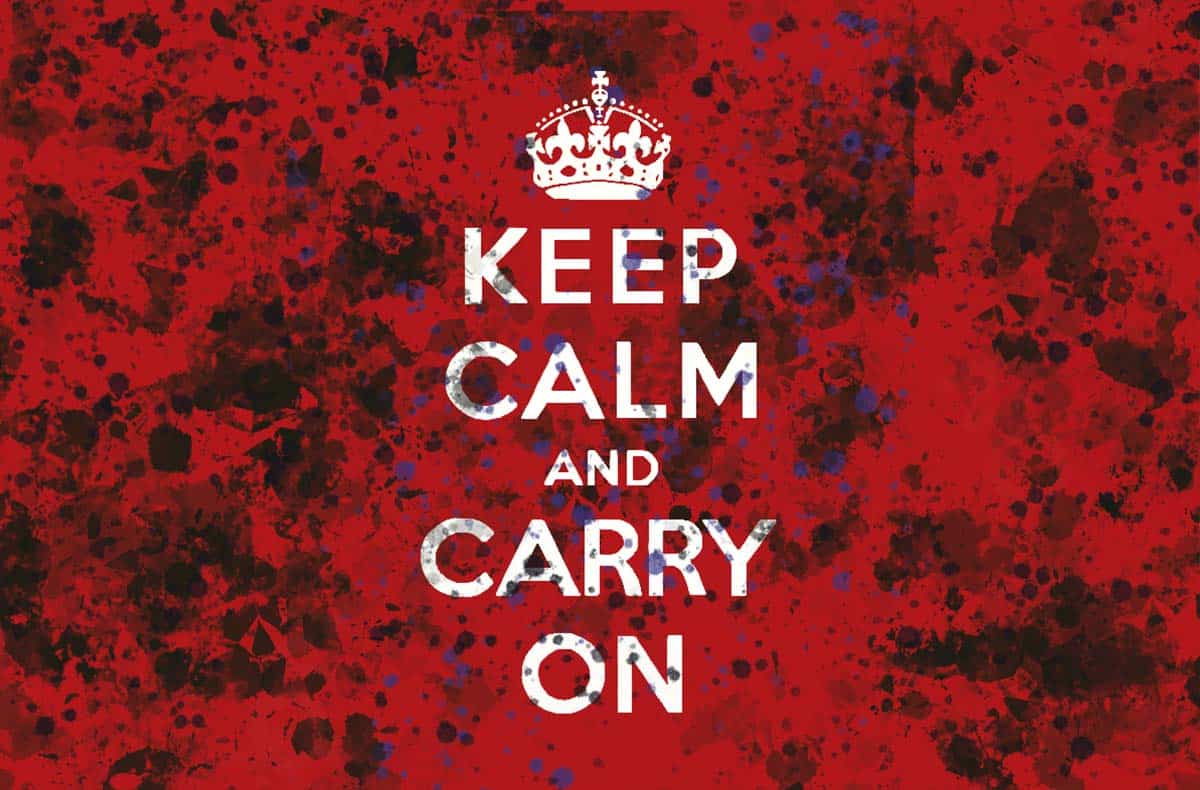
In most countries, flying the national flag is not controversial. Singing the anthem, or pledging allegiance, is not habitually accompanied by a shuffling sense of embarrassment. When I was a counsellor at a camp in upstate New York many years ago, for example, I remember the Stars and Stripes being raised with a great ceremony every morning, and the children placing their hands on their hearts and reciting the pledge. But things are different in Britain.
Since the collapse of the Empire and the spread of globalisation, British patriotism has become deeply complicated. In the past, “God Save the Queen” was routinely sung in schools, at church, even in cinemas. Our principal television channel, BBC One, used to play the anthem every day. No longer.
Recent surveys have revealed that 35% of Britons think their county is “something to be ashamed of,” while only 24% think it is “something to be proud of”; 66% of people confirmed that they neither owned Britain’s national flag or “anything with the Union Jack flag on it”; 27% said they were either “not very proud” or “not proud at all” to be British. Of course, millions of Britons retain a sense of national pride. But the farther up the social scale you climb, the more patriotism will fade in favour of disparaging attitudes towards the country, culture, national achievements, and history.
Who can forget the political furore caused when Emily Thornberry, then Labour’s Shadow Attorney General, sneeringly tweeted a photograph of a house in a working-class area decked in George Cross flags? She was forced to resign, but only because she was caught publicly expressing the condescension towards poorer people and their ghastly national identity that was commonplace in her private social milieu. It has only worsened following the Brexit vote.
I live in Winchester, a solidly middle-class city where house prices and living standards are high. It is a Conservative constituency, though has traditionally swung between the Tories and the Liberal Democrats, as is common in affluent parts of the south. The city voted Remain by almost 60%, compared to the national average of 48%; people were utterly enraged and disgusted by Britain’s vote to leave the EU.
Regularly, I have conversations with local people who have nothing but negative things to say about their country. A recent dinner party guest, who lives around the corner, told me that even though he was born and raised in Britain, he did not identify as British at all, but simply as a European. In his mind, Britain was a racist, jingoistic little island, beset by bland food and bad weather. I lost count of the number of times he derided his country that evening.
He focused on our part in the slave trade, rather than our role in abolishing it; our supposed xenophobia, rather than our characteristic tolerance and our cosmopolitan cities. He even cited the popular meme: “Being British is all about driving a German car to an Irish-themed pub to drink Belgian beer, then going home, buying an Indian take-away and sitting on a Swedish sofa, in front of a Japanese television, to watch American shows — all the while being suspicious of anything foreign.” This, I thought, was the wilful disassembly of the national pride that gave our antecedents the grit to pull together to fight tyrants of the past. (Needless to say, almost any culture, not just that of Britain, can be caused to shimmer and evaporate in precisely the same way — but it seems that only the Britons are at it.)
Another local friend baulked at the idea of celebrating the Queen’s Platinum Jubilee last weekend. He was not alone: across Winchester, celebrations were muted by comparison to many other towns. During the festivities, he shared a variation of the same mindlessly destructive meme, pointing out that in the famous opening video, the Queen was from Germany, drinking tea from India with a bear from Peru.
It all made me think of Ukraine. At the start of the war, Britain was overwhelmed with a sense of solidarity for the victims of Russian aggression. Overnight, the blue-and-yellow flag appeared on every street. Men wore it on their lapels, people stuck it in their car windows and children went to school with blue and yellow ribbons in their hair. Numbers of Ukrainian flags dwarfed those of the Union Jack even at the height of the national celebration, such as during a royal wedding, jubilee or sporting victory. Beneath Britain’s outrage and solidarity, I think, there was a taboo sense of relief in our collective psyche. Finally, we were allowed to express our patriotic instincts, albeit vicariously. The opportunity was seized with desperate enthusiasm by a nation that is profoundly ill-at-ease with itself, creating neural pathways for the Platinum Jubilee.
There have not yet been studies of levels of patriotism in the country following the celebrations, but I’d be willing to bet that those levels have increased. I’m an amateur cyclist, and on Saturday I went on a 70-mile ride around Hampshire. Although Winchester had worn its patriotism begrudgingly, if at all, in the rural villages the Union flag was everywhere. Almost every house beamed with bunting and every pub was packed with revellers raising glasses to Her Majesty the Queen.
In London — in normal times, hardly the most patriotic city in Britain — a great surge of national pride was unleashed. “Well, what a glorious day that turned out to be,” reflected journalist and novelist Allison Pearson. “The sudden thunder of a thousand guardsman standing to attention. Along The Mall, for as far as the eye could see, the Union flags so big, so beautiful, so many; how they lift your heart. The swelling sense that it was OK to feel proud to be British (they can’t arrest you for it, not yet anyway).” This uplifting sense of Britishness was, of course, not felt by everyone. It was weakest, perhaps, in cities like Winchester or Liverpool (for entirely different reasons). But overall, the repressed patriotic instincts that drove our neediness for the Ukrainian cause had been given permission to come out.
This matters. Ukrainian nationalism has many ugly sides, but the past three-and-a-half months have shown above all that for a country to survive, both metaphorically and literally, it must believe in itself. Imagine if Ukrainian society had been so dogged with self-loathing and self-doubt as Britain. With so many citizens accustomed to denigrating their own country, refusing to identify with it, and feeling queasy about rallying to its flag, the nation would never have pulled together in do-or-die defiance of Putin. Fighters would have fled; the country would have been quickly overrun. The world would have been deprived of the most striking and inspiring contemporary example of patriotic heroism and self-sacrifice.
Hard times lie ahead for Britain, as for the rest of the world. Energy prices and inflation are soaring, the pandemic casts a long shadow and war has returned to Europe. For years, Putin has been following Lenin’s famous foreign policy maxim: “You probe with bayonets: if you find mush, you push. If you find steel, you withdraw.” Since February, he has been pushing and pushing at what he perceives as the West’s mush. So let’s get out our Union Jacks permanently. Let’s stop talking our country down. A solid, unifying national identity will be vital if Britain and the West are going to find their steel.



